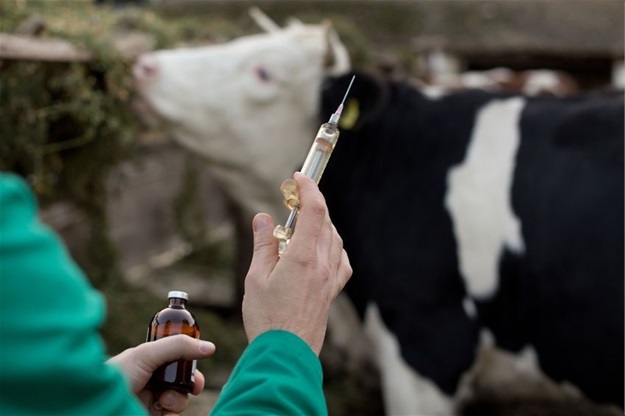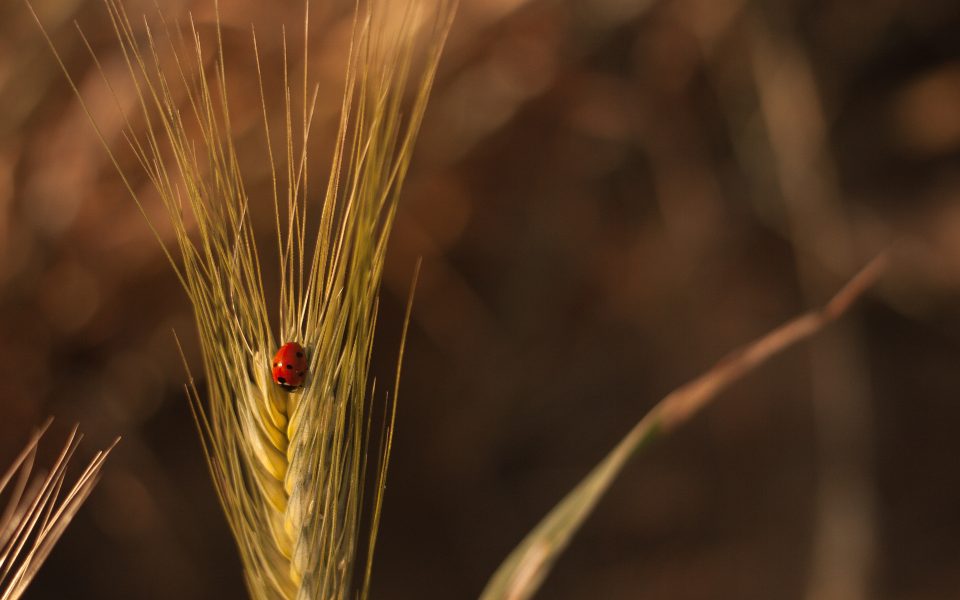Farmers urged to combat spread of antimicrobial resistance

What we can expect from Tongaat Huletts sugar production
November 19, 2018
SA table grape estimate for 2018/2019 season
November 22, 2018
These life-saving medicines are sometimes added routinely to feed, even when animals are already healthy, to try to stave off infections and fatten animals faster – this poses a number of problems when looking at hygiene and infection, and the extended lifespan of antimicrobials, which is a critical, limited resource. It is for this reason, that farmers should play a role in stemming the spread of antimicrobial resistance among disease-causing pathogens by adopting good hygiene practices during their day-to-day farm operations.
This was the message stressed by the UN’s Food and Agriculture Organisation (FAO) is during World Antibiotic Awareness Week.
Improper use of antimicrobial medicines, such as antibiotics, in both human and animal healthcare has contributed to an increase in the number of disease-causing microbes that are resistant to these treatments, developing antimicrobial resistance (AMR) which renders them useless for curing some infections.
This means that diseases which can affect people or animals (or both) – and which can cause serious economic damage to farmers – are more difficult, sometimes impossible, and frequently more expensive to treat.
“Antimicrobial resistance is a concern for all of us,” said Bukar Tijani, FAO assistant director-general. “There are over seven billion consumers in the world, and food safety and quality are paramount to success in meeting many of the 17 Sustainable Development Goals.”
Farmers are the frontline defenders
“When we use antimicrobials excessively on farms, we’re contributing to the spread of AMR, as resistant pathogens move into the environment through animal waste and farm runoff,” said Juan Lubroth, FAO’s chief veterinary officer. “They can even contaminate our food systems and market chains, moving from the fields and stables to our tables.”
Lubroth called farmers “one of the important frontline defenders” in the battle to contain the growing threat of AMR.
There are three simple steps farmers can take to make a major difference, he said, and although stronger infection prevention measures take some investment, cleaner farming can also yield better profits.
These steps include practising good farm hygiene, getting veterinary advice before buying and using antimicrobials and comparing notes with neighbours in order to spread best practices. He also underlined the role farmers must play in demanding quality animal feed without added antibiotics or other antimicrobials.
Click HERE for the full article.
Sourced: bizcommunity.com



